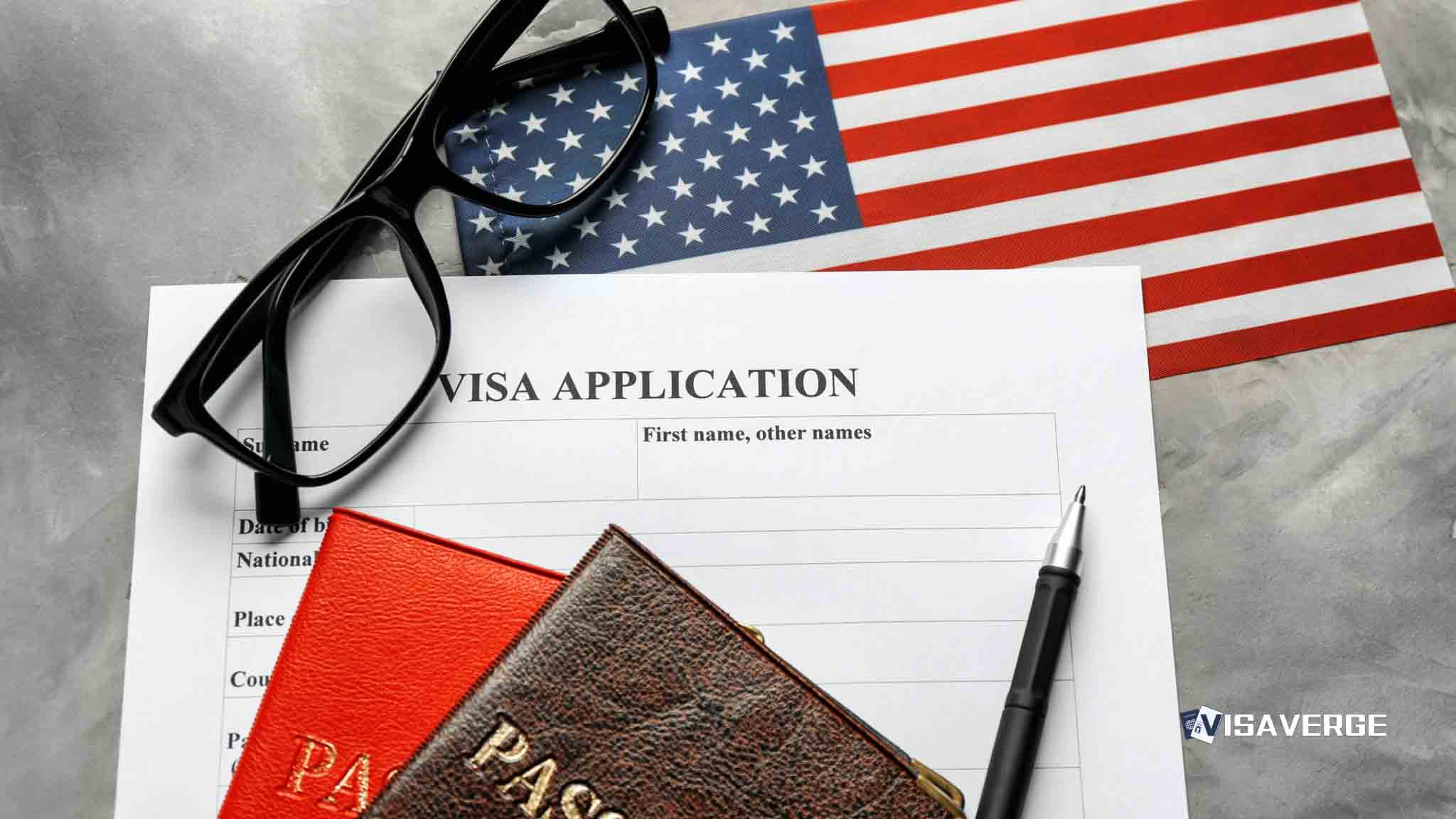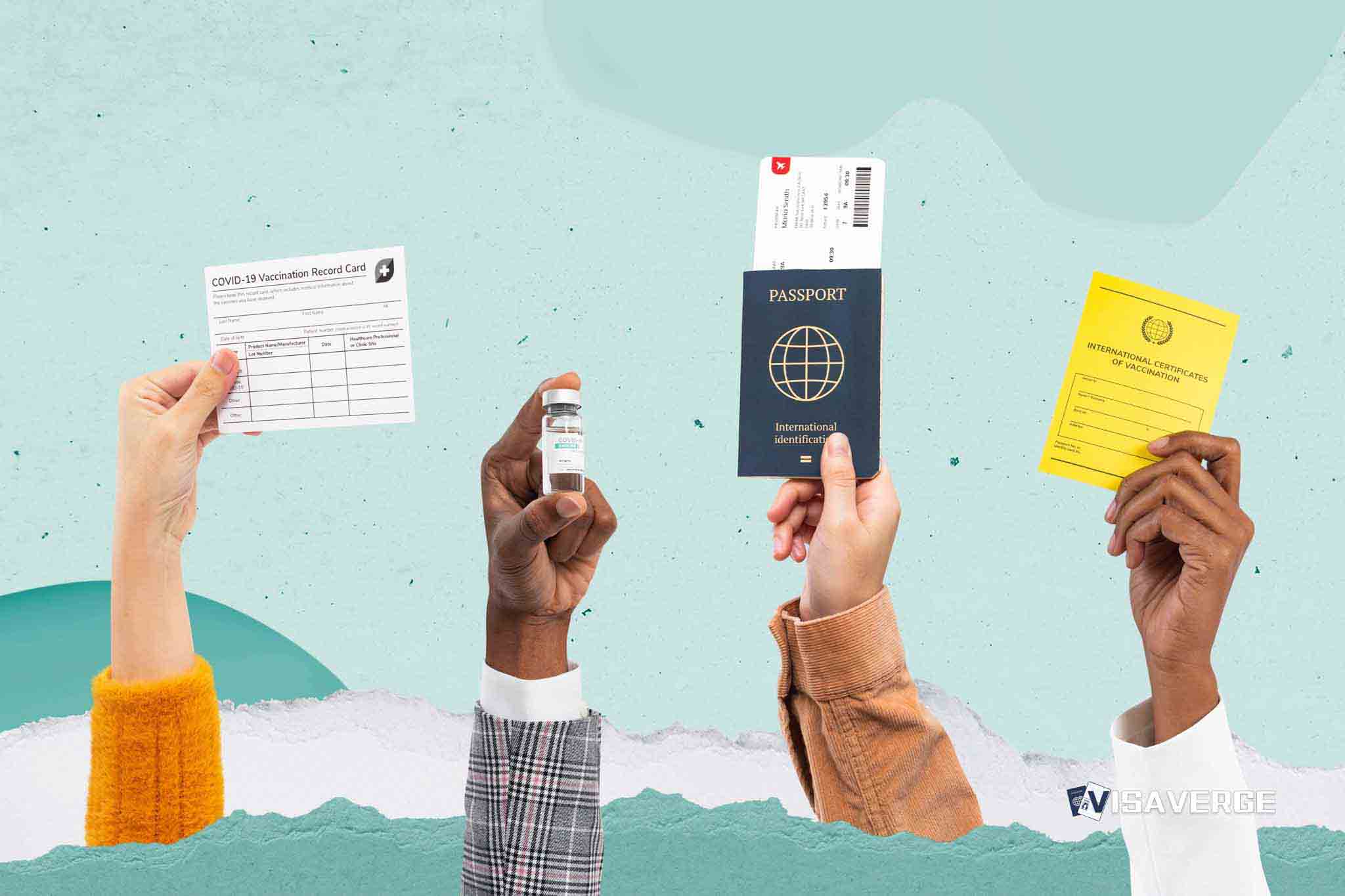(MARYLAND) Delegate Nicole Williams said she will bring back a bill in the next legislative session to block new local police cooperation with ICE in Maryland, in a move that could end county-level 287(g) agreements and place the state firmly in the camp of so‑called “sanctuary” jurisdictions. Williams, a Democrat from Prince George’s County, announced on November 14, 2025, that she plans to reintroduce the measure, which has already cleared the Maryland House of Delegates twice but stalled in the Senate.
What the bill would do

Her proposal, sometimes referred to as the Maryland Values Act and previously filed as House Bill 1222, would bar counties from entering into, or renewing, 287(g) agreements with federal immigration authorities. These agreements allow local jail and law enforcement officers to act as immigration officers inside detention facilities or, in some cases, in the community.
Supporters say ending the partnerships is needed to rebuild trust between police and immigrant residents across Maryland. They argue the measure would make immigrant families feel safe calling the police, reporting crimes, or serving as witnesses without the fear that a traffic stop or minor arrest could lead to deportation.
“We are just sick and tired of what is going on federally, of what is going on when ICE comes into our communities,” Williams said, arguing that state lawmakers have to draw a clear line on how far local agencies can go in helping federal immigration enforcement.
Current scope and mechanics of 287(g)
According to Williams and allied advocacy groups, eight Maryland counties currently participate in 287(g) partnerships. Under the program, which is described in detail by U.S. Immigration and Customs Enforcement, county jail officers can:
- check a person’s immigration status
- place ICE detainers
- help start removal cases
Sheriffs in some parts of the state have defended their role in 287(g), saying it helps remove people with criminal records from local communities. Critics counter that data show many of those detained have little or no serious criminal history.
Arguments from civil rights groups
Civil rights groups in Maryland say the renewed push reflects growing public doubt about the 287(g) model itself. Yanet Amanuel, director of Public Policy at the ACLU of Maryland, said these agreements “turn local police into immigration agents,” a shift she argues is both unsafe and unfair.
The ACLU and allied advocates point to several concerns:
- Many people held under 287(g) had minor offenses or no serious criminal record
- The program is deeply rooted in the 1996 “tough on crime” era, which expanded detention and deportation powers
- Local cooperation with ICE can deepen racial profiling and increase traffic stops or street checks based on appearance or accent
- Families are torn apart over low‑level issues, and parents report fear of everyday activities like driving their children to school
Supporters’ perspective and expected impact
Backers of Williams’ bill say the measure would make Maryland “the most progressive sanctuary state in the country” if it passes in full form. The proposal would:
- Not stop ICE from operating in the state
- Strip local agencies of formal 287(g) tools
- Cut off what critics see as an easy pipeline from local custody to federal deportation
Analysis by VisaVerge.com notes that similar debates in other states focus on where to draw the line between local public safety goals and federal immigration control, with 287(g) agreements at the center of that tension.
Political outlook in Annapolis
The political path in Annapolis remains uncertain. While the House has passed a ban on 287(g) partnerships before, the Senate has been reluctant, and another tough fight is likely.
Factors shaping the debate:
- Past Senate resistance to banning 287(g)
- Some sheriffs and county officials who favor keeping tools they believe help address crime
- Business concern that harsh immigration enforcement can scare off workers and harm local economies
- A mix of law‑and‑order rhetoric and economic worry likely to shape hearings
Broader national context
The Maryland debate is part of a wider wave of state‑level efforts to limit local cooperation with ICE.
- In New York, lawmakers are weighing bill 2025-S2235A, which would bar police officers, school resource officers, probation agencies and municipal bodies from asking people about their citizenship or immigration status in most situations. Supporters say this will keep schools, hospitals, and city offices accessible to immigrant families without fear that routine forms or interviews could feed an ICE database.
- In Wisconsin, Democratic lawmakers introduced SB 493 in the 2025‑26 session to restrict or end local ICE collaboration. Though political conditions differ, immigrant-rights groups view these proposals as part of a shared push to narrow how much local police and jail officers feed people and information into the federal system through 287(g) or similar programs.
Advocates argue that when local officers take on immigration roles, it blurs the line between community policing and federal enforcement.
Federal-level efforts on detention rights
At the federal level, Democrats in Congress are pursuing another approach focused on detainees’ conditions. A bipartisan group of senators and representatives, including Oregon Senators Jeff Merkley and Ron Wyden, introduced legislation to restore detainees’ rights to contact family members and legal counsel.
- The bill is backed by 58 Democratic co-sponsors
- It responds to reports of detainees struggling to make phone calls, reach lawyers, or inform relatives of their whereabouts
- Supporters argue better access to legal help could change outcomes in many deportation cases, especially for people with family ties or legal defenses
Local impact and community response
For families in Maryland, the return of the 287(g) fight signals more rallies, testimonies, and county-level debates. Past hearings featured emotional testimony:
- Immigrant parents describing children waking at night fearing a parent won’t return from work
- College students afraid to apply for internships requiring background checks
- Police chiefs warning that 287(g) cooperation can make crime victims stay silent out of fear of ICE
What’s at stake
As Williams prepares to refile the Maryland Values Act, both supporters and critics are watching whether the Senate’s mood has changed after another year of national immigration battles and local organizing.
Possible outcomes:
- If Maryland cuts off 287(g) agreements, it could send a strong signal to other states weighing similar bills.
- If it fails again, the eight counties that still hold these partnerships will likely remain frontline sites for federal immigration enforcement, and the political and personal costs of that choice will remain central to Maryland’s immigration debate.
This Article in a Nutshell
Delegate Nicole Williams said on November 14, 2025 she will reintroduce the Maryland Values Act to bar counties from entering or renewing 287(g) agreements with ICE. Currently eight Maryland counties participate, allowing local officers to check immigration status, place detainers and help start removals. Supporters contend the ban would rebuild trust so immigrant families report crimes without deportation fears; opponents argue 287(g) tools help remove individuals with criminal records. The House has passed similar measures twice, but the Senate stalled them before.













